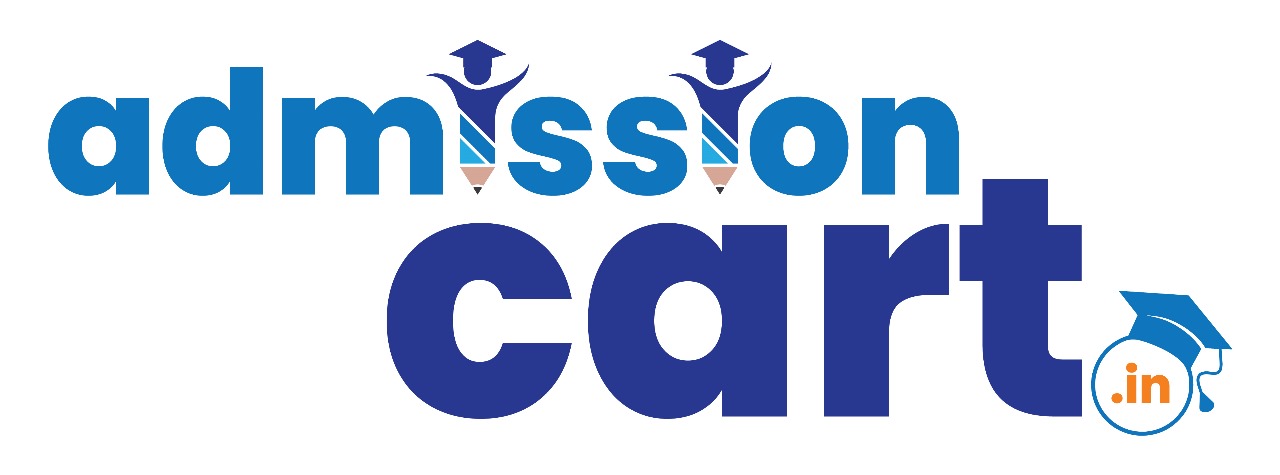Online MCA
Master of Computer Applications (MCA) is a postgraduate degree program that focuses on advanced topics in computer science, software development, and information technology.
Average fee: 25000
Duration: 2 Years
Eligibilty: Graduation or equivalent degree from a recognized institution.
Universities: 2

Overview of Online MCA
1. Overview of MCA Degree
- Master of Computer Applications (MCA) is a postgraduate degree program that focuses on advanced topics in computer science, software development, and information technology.
- The program typically spans over three years and is designed to equip students with technical skills, managerial knowledge, and practical experience in IT.
2. Advantages of Online MCA Programs
- Flexibility: Allows students to study at their own pace and from anywhere, accommodating working professionals and those with personal commitments.
- Accessibility: Access to high-quality education from reputed universities worldwide, overcoming geographical barriers.
- Cost-effectiveness: Potential savings on commuting and accommodation costs compared to traditional on-campus programs.
3. Top Universities Offering Online MCA Programs
- Indira Gandhi National Open University (IGNOU): Offers an online MCA program through its School of Computer and Information Sciences, known for its flexible distance education.
- Sikkim Manipal University (SMU): Provides an online MCA program focusing on software development, IT management, and emerging technologies.
- Amity University Online: Offers an online MCA program with a curriculum covering programming languages, database management, networking, and project management.
4. Admission Criteria and Process
- Eligibility: Typically requires a bachelor’s degree in computer science or a related field with mathematics as a core subject.
- Entrance Exams: Some universities may require applicants to pass entrance exams like NIMCET (NIT MCA Common Entrance Test) or university-specific exams.
5. Curriculum and Specializations
- Core Courses: Cover advanced topics in programming languages, algorithms, data structures, database management systems, software engineering, and more.
- Specializations: Offered in areas such as cybersecurity, artificial intelligence, machine learning, cloud computing, and mobile application development, depending on the program.
6. Learning Experience and Resources
- Online Platforms: Utilize learning management systems (LMS) for virtual lectures, assignments, collaborative projects, and discussions.
- Interactive Tools: Access to virtual labs, simulation software, and online libraries for research and study materials.
- Support Services: Receive academic advising, technical support, and career counseling services remotely.
7. Career Opportunities
- Job Roles: Graduates of online MCA programs can pursue careers as software developers, systems analysts, IT consultants, project managers, database administrators, and more.
- Industry Demand: Highly sought after in industries such as IT services, software development firms, telecommunications, banking, healthcare, and government sectors.
8. Accreditation and Quality
- Accreditation: Verify that the online MCA program is accredited by recognized bodies or affiliated with reputable universities to ensure the quality and recognition of the degree.
- Program Reputation: Consider rankings, alumni feedback, and industry partnerships to evaluate the program’s credibility and relevance.
9. Costs and Financial Aid
- Tuition Fees: Varies by institution and program structure; consider overall program costs including fees, materials, and examination fees.
- Financial Assistance: Many universities offer scholarships, grants, and installment payment plans to help students finance their education; explore options and eligibility criteria.
10. Tips for Success in Online Learning
- Time Management: Develop a study schedule, prioritize tasks, and adhere to deadlines for assignments, exams, and project submissions.
- Engagement: Actively participate in online discussions, collaborate with peers, and leverage networking opportunities provided by the program.
- Self-discipline: Maintain motivation, set realistic goals, seek support from faculty and classmates, and utilize available resources effectively.
